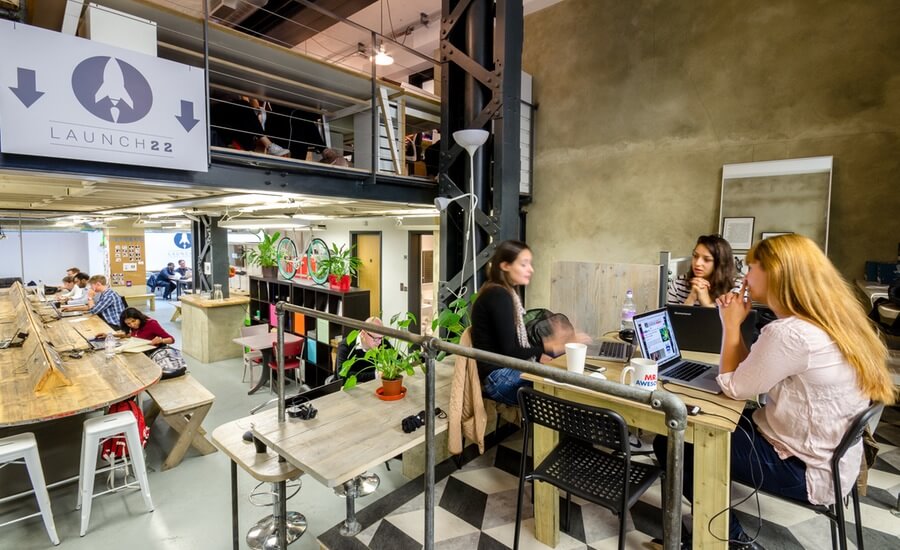After experiencing more than its fair share of economic doom and gloom since the global financial collapse of 2007, the UK finally saw some light at the end of the fiscal tunnel earlier this week. Indeed, the most recent official GDP figures show that the UK’s economic output rose by 0.8% between July and September. This, in conjunction with other data, illustrates that the country is enjoying its fastest spell of growth for three years.
The Office for National Statistics (ONS) said there had been a ‘fairly strong’ performance across all sectors.
This is of course very welcome news.
It is welcome because, as well as providing established industry sectors with evidence to confirm their current strategies are working, visible growth also gives enthusiastic entrepreneurs and enterprising start-ups with innovative plans confidence to start up their own businesses.
Needless to say, innovation and enthusiasm for commerce are cornerstones of British business so having more small businesses and start-up enterprises entering the marketplace is good for competition, good for consumers and – in the long-term – good for the economy.
Of course, starting up a business is no mean feat. To be sure, no-one undertaking a task of this kind should kid themselves that it will be in any way straightforward or easy. Effective planning and preparation is essential, as is a commitment to working hard without experiencing much in the way of immediate success. For those people who are made of the ‘right stuff’ however, the rewards can be limitless, both in terms of financial success and personal satisfaction.
So where to start?
Well the first thing any start-up needs to have is a commercially viable product or service. Whilst this may sound so obvious it shouldn’t even need to be considered, there are still a startlingly large number of businesses which fail because they simply do not define exactly what they are all about and what they want to achieve from the outset. To this end, all entrepreneurs and ambitious start-ups – regardless of how certain they are of their impending success – should ensure they do their fair share of research, get expert advice and write out a proper business plan before they look into going into business.
Once they are clear about their raison d’être and confident about the viability of their products/services, a start-up will next need to find premises to work from. Although working from home is quite possible these days, renting an office and kitting it out with modern office furniture is more preferable as it helps to reflect a more professional business image. Ordering bespoke executive office furniture can be a good strategy for some start-ups as it can help customer-facing companies to appear more established and ‘punch above their weight’ when they are first starting out.
Without doubt, having a winning product or service alongside some suitably impressive office furniture will help any start-up to make the most of the increasingly favourable economic conditions in the UK.
About the author – Bo Heamyan blogs regularly about the trials of working in the twenty-first century and has written extensively about the benefits of high quality office furniture for various industry related websites, including Calibre-furniture.co.uk.



